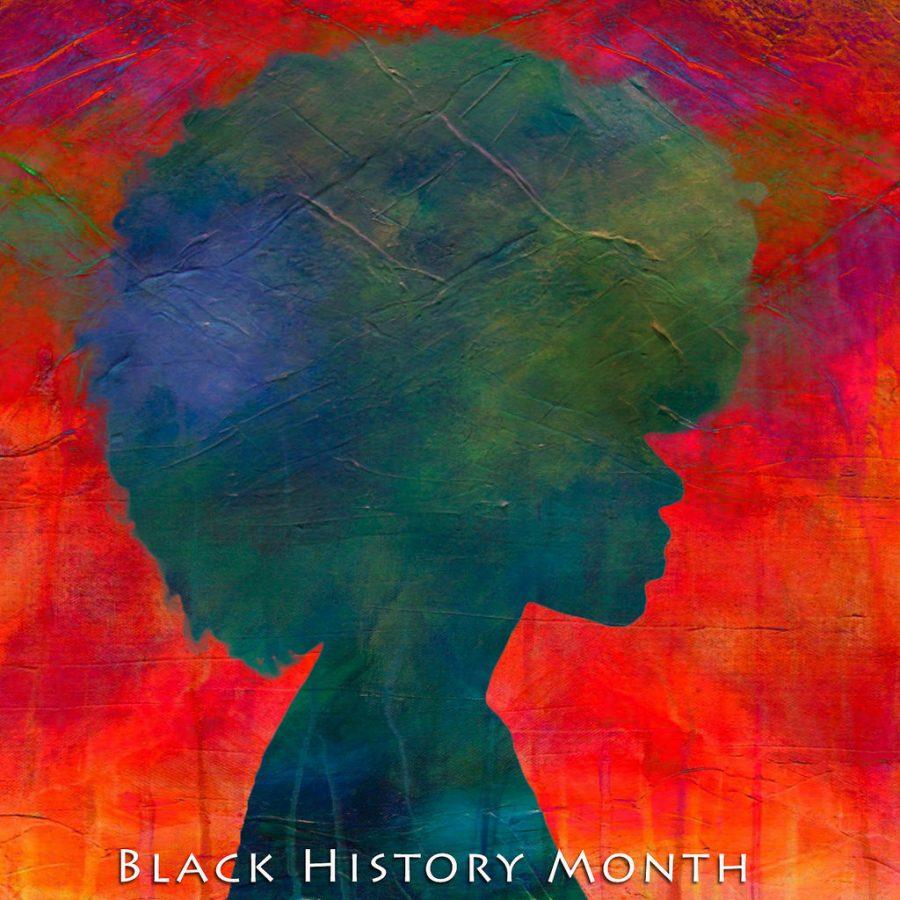Black History Month is the shortest month of the year, but still one of the most important.
Black History Month started in 1926 as a single week by Carter G. Woodson who was an American author and the founder of the Association for the Study of African American Life and History. He said that, “If a race has no history, if it has no worthwhile tradition, it becomes a negligible factor in the thought of the world, and it stands in danger of being exterminated.”
Black History Month became official in 1976 when President Gerald Ford designated February as Black History Month.
But what exactly is Black History Month and why is it so important?
Black History Month is the month that shines a light on the significant Black people in our nation who made a difference for the better. It is a time for celebrating, remembrance, and thanking. It is about celebrating the Black people in our country who are currently making a difference for everyone.
These people encourage young Black kids not to be scared to follow our dreams and they help us realize that our dreams can become a reality.
Some of these people include filmmakers Jordan Peele, boxer Muhammad Ali, writer and activist Maya Angelou, performers Aretha Franklin and Beyonce, and other icons such as Oprah Winfrey, former President Barack Obama and Martin Luther King Jr.
But while the extended holiday conveys a tremendous amount of achievement and success, it is still not celebrated to the fullest extent.
Anthony Hester, a second-year student at Seattle Pacific University and the publicist of Black Student Union, said that, “Black History Month is the month that celebrates all Black peoples’ achievements and the history that has gone on in our country.”
He continued that “the other 11 months are technically white history months. February gives Black people one month to just celebrate ourselves.”
When I asked him if he thinks that SPU does enough for Black students on campus during Black history month, he responded by saying that, “Personally I believe that SPU does not respectively and positively represent Black people on campus, because I feel like there are not enough Black promoted events that happen on campus.”
If Black History Month is the only month that Black people have to celebrate their achievements and contributions, then we should make it grand and genuinely celebrate it.
It is also important to remember that even if you’re not Black, you can still celebrate Black History Month. Take the time to educate yourself about a person or subject that you do not know about. Go out of your way to care about a culture that is not your own and make it mean something to you.
When I asked a first-year student Alex Turner what Black history month means to him, he said that “Black History Month should not be recognized once just one time out of the 12 months but people should always go out of their way to recognize each other’s differences no matter who they are or where they are from.”
Black History Month represents something different for every individual, and every person approaches the month with a different attitude.
At the end of our current Black History Month, and as we look forward with a celebratory attitude to the next, let’s continue to educate ourselves about Black History Month and celebrate our history as a nation.
Understanding and expressing the true significance of Black History Month is essential to living up to our old motto as a university: Engage the culture, change the world. Let’s do more to truly engage all cultures around us, and change the world for all students on our campus.
Some practical ways we could accomplish this could be through hosting events such as designating a night to understanding Black History Month.
Halls could sponsor movie nights that show films created by Black directors. There could be informational tables in Martin Square about inspirational people involved with Black History. There could be soul food night at gwinn, or an art gallery of Black students on campus sharing their experience. People could even go to a Black Student Union meeting.
I am not excluding myself from this oversight of Black History Month. I can also do more to understand Black history and the cultural significance it has, for myself and for the American nation.
I remember that in high school, Black History Month was only talked about in Black Student Union and on the daily announcements they would speak of one significant person involved in Black History. But besides those events, there was no other significance attached.
At SPU, we have a calling to reach out to all of the communities we interact with and leave an impact for the better. Let us take the opportunity of Black History Month to highlight the achievements of the Black people who have influenced us and continue to shape us as we strive to promote inclusivity and equality.















































































